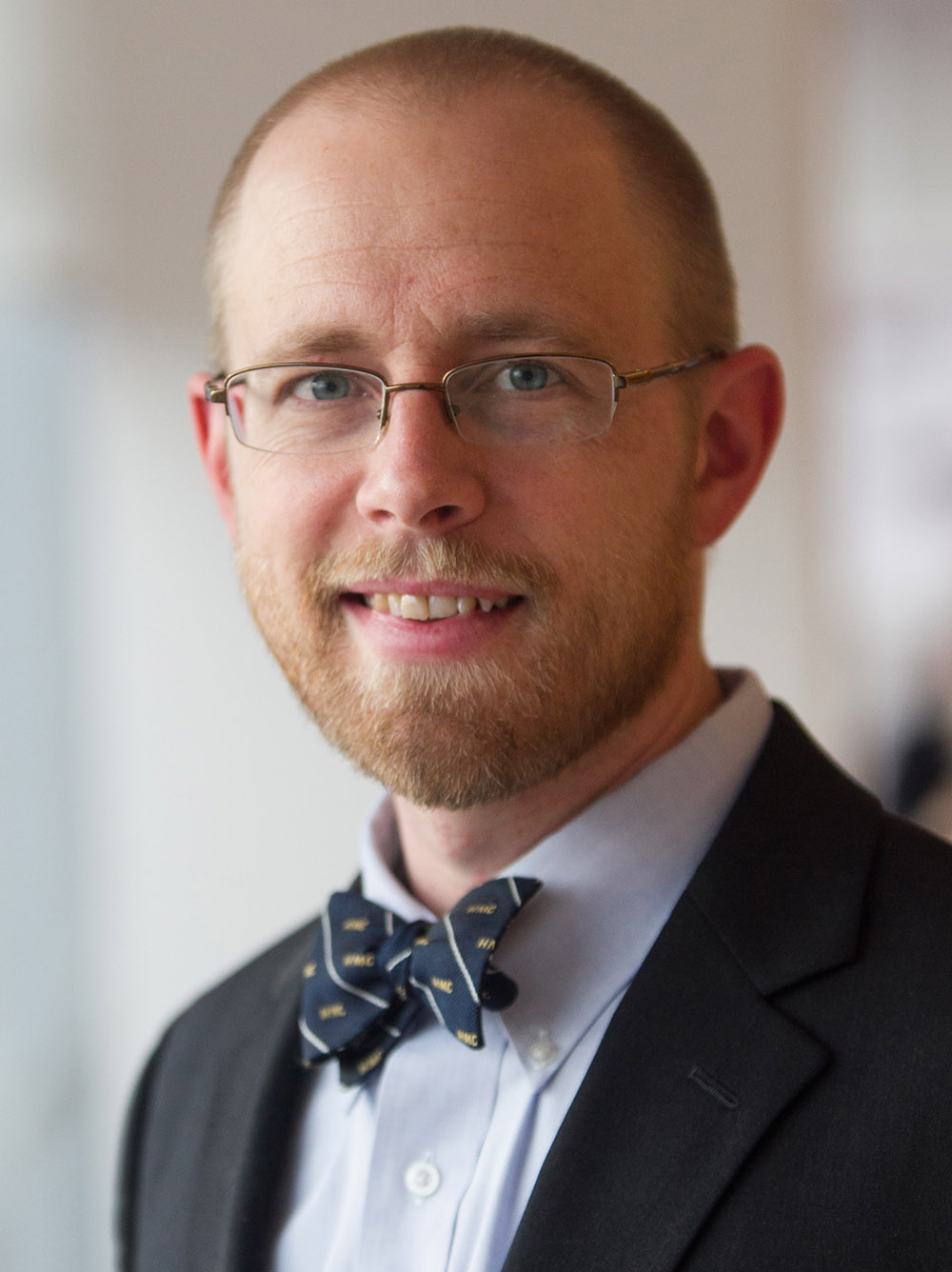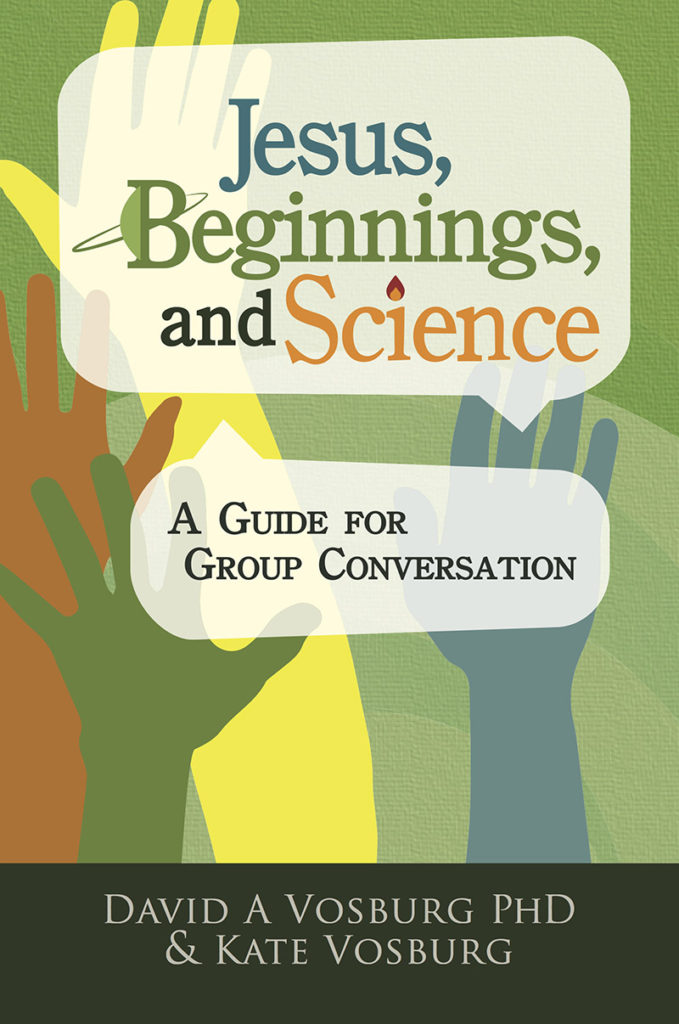Vosburg Book Seeks to Bridge Science and Religion
September 20, 2017
Harvey Mudd chemistry professor David Vosburg and spouse, Kate Vosburg, have co-authored a new book, Jesus, Beginnings, and Science: a Guide for Group Conversation, which they hope will increase dialogue and understanding between scientific and religious communities.
“Like efforts from the National Academy of Sciences and the American Association for the Advancement of Science, our book aims to build bridges between scientific and religious perspectives,” David Vosburg said. “Science and faith can be compatible and even mutually enriching if we can approach both with a posture of humility and wonder instead of hostility and fear.”
The new book is the culmination of Vosburg’s project, “Catalyzing Compatibility of Evolution and Christian Faith on Secular Campuses: Curricular Resources for Student Groups,” which received an $80,772 grant from The Biologos Foundation in 2013. Founded by Francis Collins—director of the National Institutes of Health and former director of the Human Genome Project—The BioLogos Foundation seeks to promote discourse on the relationship between science and religion and to emphasize compatibility between science and Christian faith.
The Vosburgs developed the materials over several years of research and field-testing and a productive sabbatical year with the Faraday Institute for Science and Religion at the University of Cambridge. Kate Vosburg is a campus minister with InterVarsity Christian Fellowship.
 “Field-testing parts of the book with Mudd students, Cambridge students, young adults and older adults gave us helpful insights into the different tensions that many people bring into conversations about science and religion,” said Kate Vosburg. “Some are afraid that fully embracing science may require them to change religious beliefs, to reject parents’ or pastors’ teachings, or to abandon cherished faith communities. Others have a fairly good grasp of scientific issues and are eager to learn more about the Bible so they can better understand their religious friends.”
“Field-testing parts of the book with Mudd students, Cambridge students, young adults and older adults gave us helpful insights into the different tensions that many people bring into conversations about science and religion,” said Kate Vosburg. “Some are afraid that fully embracing science may require them to change religious beliefs, to reject parents’ or pastors’ teachings, or to abandon cherished faith communities. Others have a fairly good grasp of scientific issues and are eager to learn more about the Bible so they can better understand their religious friends.”
“Very few have found good ways to have gracious, productive discussions about science and religion,” said David Vosburg. “We hope that our book can catalyze dialogue that will deepen readers’ understanding of the Bible, of science, and of each other.”
Jesus, Beginnings, and Science includes twelve guided discussions for Bible study groups that focus on selected biblical passages addressing creation, human origins and science. The materials are designed for a general audience and can be used by groups with no previous training in the sciences or experience with the Bible.
Each section presents scriptural passages and suggested questions for further discussion, such as, “What specific beliefs about origins (if any) should be central to being a Christian? On what beliefs about origins is it fine for believers to disagree?”; and, “If you have personally changed views about origins, what caused the change?”
Along with the readings and discussion guide, the book presents reflections from a scientist on each topic, as well as a wide variety of theological positions that Christians have taken both historically and currently on the nature of creation and human origins. The book’s appendix includes a wealth of resources for further reading on the intersections of scripture and science.
“We hope readers will realize that the Bible is rich, diverse and awe-inspiring—much like science!” said David Vosburg. “While the Bible is not a science book, it does speak deeply to our interactions with the natural world and addresses many questions of meaning, identity and purpose that science itself cannot.”
The book is now available at Pier Press and Amazon.
